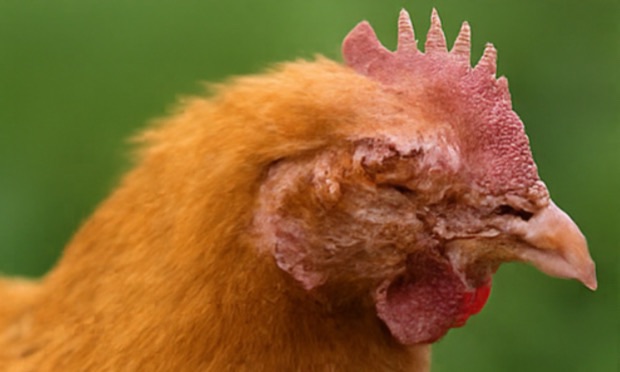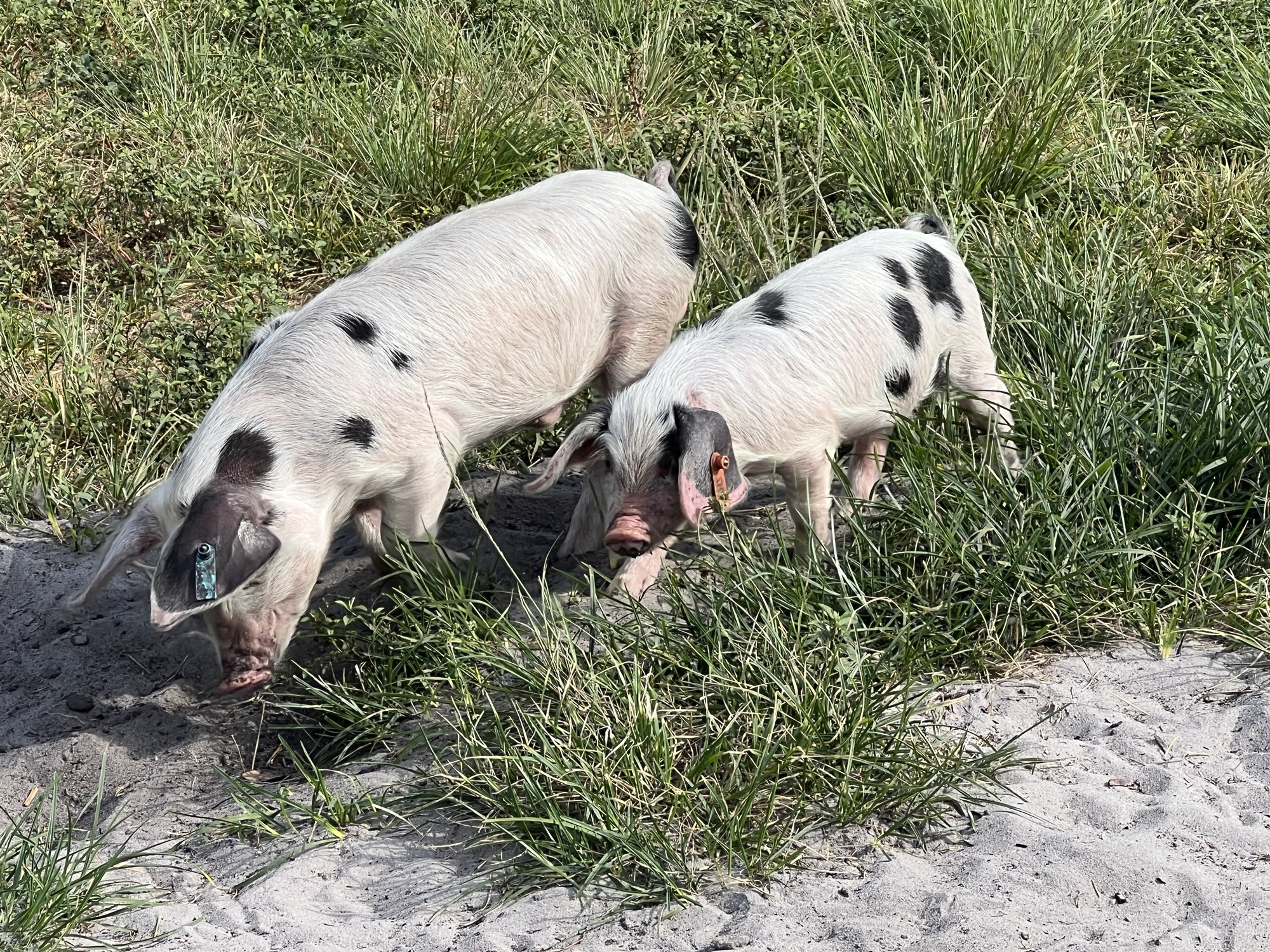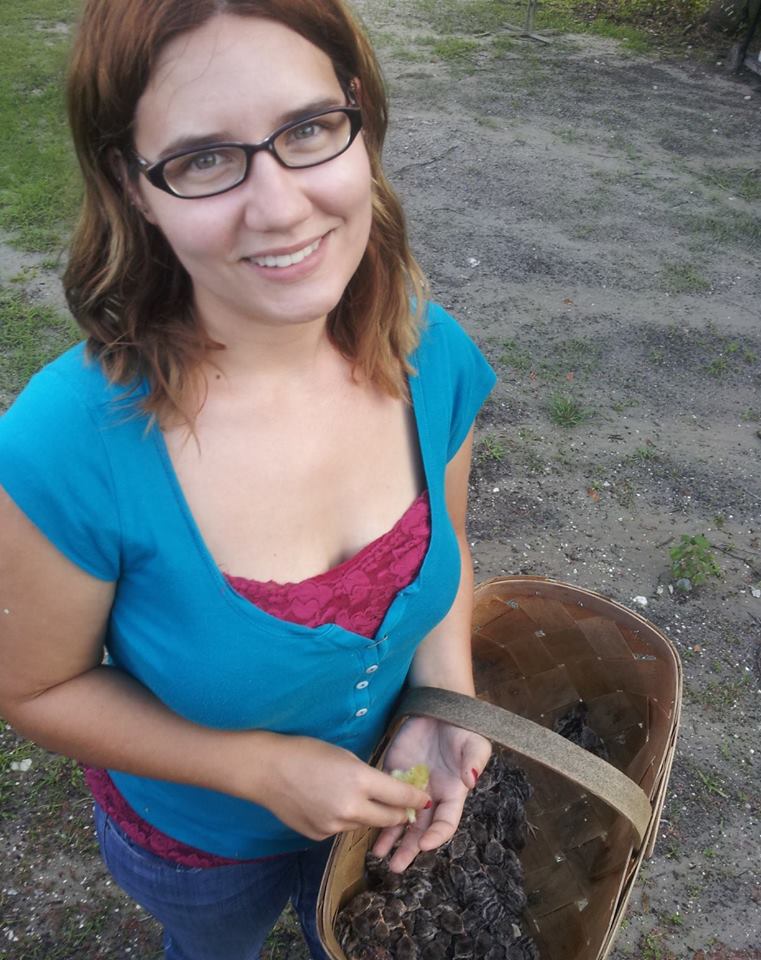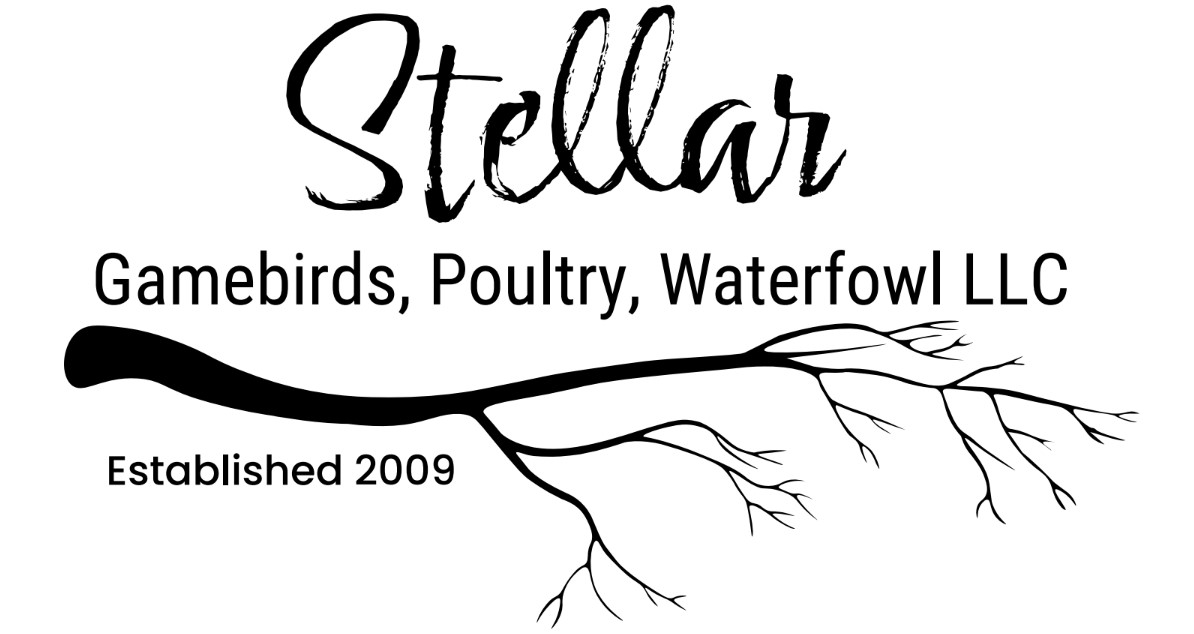Coturnix quail—also known as Japanese quail—are a favorite among backyard farmers, homesteaders, and game bird breeders for their fast maturity, reliable egg production, and small footprint. Whether you’re raising them for meat, eggs, or educational purposes, it’s important to know the legal requirements that apply here in Florida.
Unfortunately, there’s a lot of misinformation floating around in online groups and forums. So, let’s set the record straight.
Can You Keep Coturnix Quail in Florida Without a Permit?
Yes—if it’s for personal use.
If you’re keeping 100 or fewer Coturnix quail strictly for personal use—meaning you’re not selling the birds, their eggs, or hatching eggs—you do not need a permit from the state. This includes use for:
- Personal consumption (eggs or meat)
- Educational purposes
- Dog training or falconry (if not being sold)
This exemption falls under the Florida Fish and Wildlife Conservation Commission (FWC) guidelines for non-commercial, small-scale game bird possession.
Do You Need a Permit to Sell Coturnix Quail or Their Eggs?
Yes—commercial activity requires permits.
If you plan to sell Coturnix quail, hatching eggs, or eating eggs—or if you keep more than 100 birds—you are required to obtain the following:
1. FWC Game Farm License
- Required if you’re breeding, selling, or exhibiting Coturnix quail.
- Also required if your flock exceeds 100 birds, even if not for sale.
- Must have proper fencing and housing to prevent escape.
- Annual license fee: $50
- Application and guidelines available through MyFWC.com
2. FDACS Limited Poultry and Egg Farm Operation Permit
- Required to sell eating eggs directly to consumers.
- Permits you to process and sell eggs from your own farm.
- Must comply with sanitation, labeling, and food handling regulations.
- More information is available through FDACS
What About Selling Hatching Eggs or Chicks Across State Lines?
If you’re shipping or transporting birds or eggs across state lines:
- You must have NPIP (National Poultry Improvement Plan) certification OR provide proof of a negative Pullorum-Typhoid test within the last 12 months.
- NPIP certification is not legally required for in-state sales, but it’s strongly encouraged and often required by buyers, shows, or other states.
- To join NPIP in Florida, contact the FDACS Poultry Programs division at PoultryPrograms@FDACS.gov or Dr. Scott Richardson at (850) 410-0900.
Do You Need Health Certification to Import Coturnix Into Florida?
Yes.
If you’re bringing Coturnix quail into Florida from another state, they must be accompanied by:
- A valid NPIP certificate OR
- Proof of a Pullorum-Typhoid test dated within the last 12 months
This helps prevent disease outbreaks and keeps Florida’s flocks healthy and compliant.
Do Local Rules Apply?
Absolutely. Your county or city zoning laws may affect whether you can raise quail on your property. Always check with your local planning or agricultural extension office, especially if you’re in an HOA, suburban area, or city limits.
Quick Reference Summary

Final Thoughts
Coturnix quail are a joy to raise and can be a productive part of any homestead or small farm—but like all livestock, they come with responsibilities. Taking the time to understand Florida’s permitting requirements helps protect your birds, your customers, and the integrity of the broader poultry community.
If you’re serious about raising Coturnix, it’s worth doing it right from the start.
Don’t forget to grab a copy of The Quail Lady’s Guide to Raising Coturnix on the Homestead. The second edition is out on Amazon now!










Recent Comments